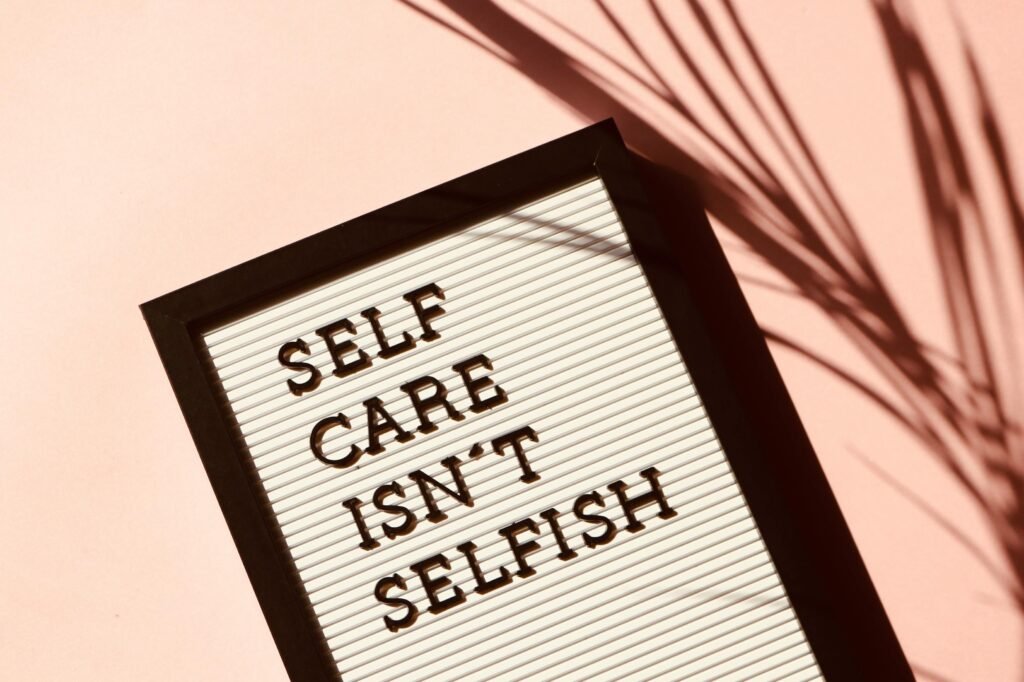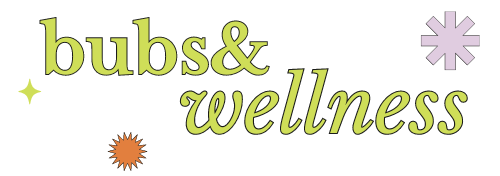Becoming a new parent is like diving headfirst into the deep end of the pool—you’re excited, maybe a little scared, and suddenly realizing just how deep it is! I remember when the hospital was getting ready to release us, and I kept thinking “are you really sending me home alone with an infant?! I’m supposed to keep it alive on my own!?” If “deer in headlights” could describe my emotions, it perfectly would.
Of course, I was overwhelmed with love for this little potato… but I felt totally unprepared and wished they would have sent me home with a guide of parenting advice for new parents, or better yet – one of the sweet nurses from the hospital. Even if I read every book in the library about this topic, I don’t think it’s possible to feel like you know what you’re doing. I’m sure it gets easier the more kids you have, but the first one is tough.
All that to say, you’ve got this. I know what you’re thinking…. but you just said?! Trust me, you’ll feel like you don’t. You’ll feel sometimes like the world may be crashing around you and one more cry might send you into a panic attack. But, humans are amazing, and you’ll learn so quickly what your little one needs. The key is to create a cozy, supportive environment, establish some helpful routines, and most importantly, not forget to take care of yourself too. Learning to read your baby’s cues and building a strong bond through responsive care are all part of the beautiful chaos that is early parenting. And it’ll come, even if it doesn’t come right away.
Welcoming a new baby into your life is one of the most amazing and life-changing experiences you’ll ever have. The good news? You’re not alone in this! With the right advice, a little bit of patience, and a lot of love, you can navigate this adventure confidently and create a warm, nurturing environment for your little one.

Creating a Supportive Environment
Build a Support Network
You don’t have to do it all alone—surround yourself with a village of supportive family, friends, and community resources. Don’t be shy about asking for help, whether it’s advice from seasoned parents, an extra set of hands for chores, or just a listening ear. Trust me, having a solid support system can make a world of difference.
Prepare Your Home
Nesting isn’t just about decorating the nursery (although that’s fun too!). Make sure your home is safe and cozy for your new arrival. Have the essentials ready—like a crib, changing table, and all those tiny baby clothes. You do have a little time to baby-proof if you don’t want to do it right away! Baby will be immobile for a while, but when you’re ready, secure furniture, cover those tempting electrical outlets, and clear out any hazards.
Educate Yourself
Knowledge is power, especially when you’re diving into parenthood. Take advantage of prenatal classes, parenting workshops, and good ol’ Google. Learning about newborn care, breastfeeding, and even infant CPR can boost your confidence. Books, online courses, and local support groups are all great places to start. My favorite place was Reddit, and the BeyondtheBump and Mommit threads that I spent plenty of time asking questions on.
Establishing Routines
Feeding Routine
Establish a feeding routine that works for you and your baby. Whether you’re breastfeeding, formula feeding, or doing a bit of both, consistency is key. Keep an eye on your baby’s hunger cues and feed on demand, especially during those early weeks when everything is new and a bit unpredictable.
Sleeping Routine
Ah, sleep—the elusive treasure for new parents! Create a calming bedtime routine to help your baby transition to sleep. It could be as simple as a warm bath, a gentle rocking session, and some quiet time. Newborns sleep a lot, but their schedules can be all over the place, so a little routine goes a long way. We loved using the Huckleberry app for logging things like naps, feedings, and dirty diapers.
Bonding Time
Spend some quality time bonding with your baby. Skin-to-skin contact, cuddling, and just chatting with your little one are all great ways to build that special connection. Plus, these moments are not only comforting for your baby but also incredibly heartwarming for you. The newborn snuggles are the absolute BEST!
Prioritizing Self-Care
Rest and Recovery
Your body has been through a lot, so make sure to prioritize rest and recovery, especially in those first few weeks. Sleep when your baby sleeps (easier said than done, I know), and accept any offers of help with the household chores. I refused to take a nap when the baby would nap because I thought there was so much more I could be doing. That all caught up with me after a while and being in a sleep deprived state does serious detriment to your mental health. There’s no shame in napping, and the laundry can be folded when baby (and you) is awake!
Healthy Nutrition
Eating well isn’t just about nourishing your baby; it’s about keeping your own energy levels up too. A balanced diet will do wonders for your overall health, especially if you’re breastfeeding. Don’t forget to hydrate and eat regularly—you need fuel for all those late-night feedings!
Emotional Well-Being
The postpartum period can be an emotional rollercoaster. You might feel everything from overwhelming joy to unexpected anxiety. It’s important to keep an eye on your mental health and seek support if you need it, and keep researching parenting advice for new parents. Talking to a therapist or joining a support group can be incredibly helpful if you’re feeling a bit lost. If you begin feeling things like intense rage, anxiety, or depression, seek help immediately as this could be a sign of postpartum anxiety or postpartum depression.

Understanding Your Baby’s Cues
Crying
Let’s face it—crying is your baby’s go-to way of communicating. Over time, you’ll start to recognize the different types of cries, whether it’s hunger, discomfort, or just plain sleepiness. Responding quickly helps your baby feel secure and understood.
Feeding Cues
Look out for those early feeding cues like rooting, sucking on hands, or smacking lips. I thought that baby was trying to suck his thumb, but it really meant he was getting hungry. Getting to these cues before your baby is too hungry can make feeding time a much smoother experience for both of you.
Sleep Cues
Pay attention to signs that your baby is ready for a nap, like yawning, rubbing their eyes, or getting a little fussy. Catching these cues early can help you establish a sleep routine that works, making it easier for your baby to settle down.
Fostering a Strong Bond
Responsive Care
Being there for your baby when they need you—whether it’s for feeding, changing, or just a cuddle—helps build a secure attachment. Your baby will feel safe and loved, and you’ll create a strong bond that will last a lifetime, and then you can share your parenting advice with new parents too.
Interactive Play
Engage in playful activities with your baby—sing, talk, and make lots of eye contact. Not only does this stimulate their senses and promote cognitive development, but it’s also a lot of fun! Simple activities like tummy time and gentle massages are great for bonding too.
Reading Together
Start reading to your baby early on, even if they don’t understand the words yet. Choose books with bright colors and simple illustrations. Reading together is a wonderful way to foster language development and create a comforting bedtime routine.
Now It’s Your Turn to Share Your Parenting Advice for New Parents
Embarking on the journey of parenthood is nothing short of extraordinary—it’s filled with moments of pure joy, a few challenges, and countless memories you’ll cherish forever. As a first-time parent, it’s normal to feel a mix of excitement and uncertainty, but remember, you’re not alone. And don’t forget—trust your instincts and most importantly, enjoy every precious moment with your little one.

